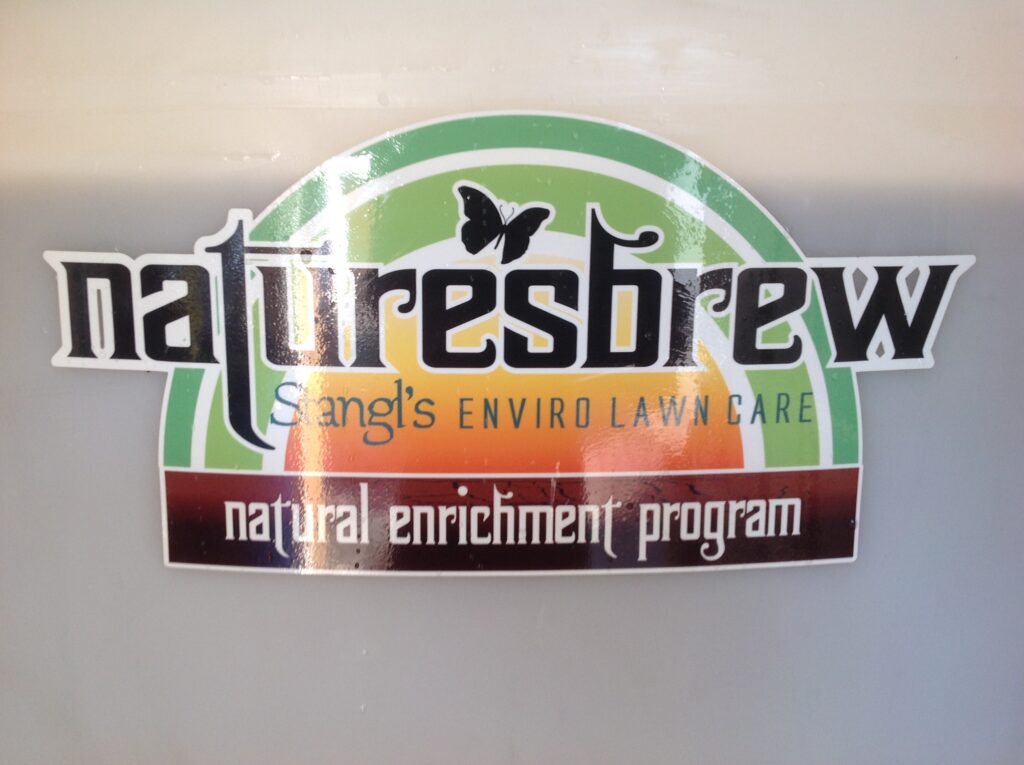The world beneath our feet is teeming with life. In every handful of healthy soil, there are billions of microorganisms that form the foundation of an entire ecosystem. From fungi and bacteria to protozoa and nematodes, each organism plays a critical role in maintaining soil health and supporting plant growth. At Stangl’s, we have harnessed the power of these microorganisms to create our signature product: Nature’s Brew.
Nature’s Brew is a potent extract made from a blend of compost, kelp, fish, yucca, humic acid, and fulvic acid. But what really sets it apart is the diversity of microbial life that it contains. Our bioreactor, the Johnson Su bioreactor, creates an environment that promotes the growth and reproduction of a wide range of beneficial microorganisms. These organisms include:
- Bacillus subtilis: A soil-dwelling bacterium that promotes plant growth and protects against soil-borne pathogens.
- Trichoderma: A fungus that controls fungal pathogens and stimulates plant growth.
- Pseudomonas: A group of bacteria that solubilize nutrients and produce plant growth-promoting hormones.
- Mycorrhizae: A fungus that forms a symbiotic relationship with plant roots, increasing nutrient uptake and water absorption.
- Nitrogen-fixing bacteria: Bacteria that convert atmospheric nitrogen into a plant-available form, reducing the need for synthetic fertilizers.
- Actinomycetes: A group of bacteria that decompose organic matter and produce antibiotics that protect against pathogens.
- Arbuscular mycorrhizae: A fungus that increases the uptake of phosphorus and other nutrients from the soil.
- Rhizobacteria: Bacteria that colonize plant roots, enhancing nutrient uptake and protecting against disease.
- Protozoa: Microscopic organisms that graze on bacteria and fungi, promoting nutrient cycling.
- Nematodes: Worm-like creatures that feed on bacteria, fungi, and other soil organisms, promoting nutrient cycling and soil structure.
These microorganisms work together in complex and fascinating ways to support plant growth and improve soil health. For example, mycorrhizae form a symbiotic relationship with plant roots, increasing the surface area available for nutrient uptake and water absorption. Nitrogen-fixing bacteria convert atmospheric nitrogen into a form that plants can use, reducing the need for synthetic fertilizers. Trichoderma controls fungal pathogens and stimulates plant growth, while actinomycetes decompose organic matter and produce antibiotics that protect against pathogens.
But the benefits of Nature’s Brew go beyond plant growth and soil health. By promoting the growth of diverse microbial communities, we are creating a more resilient and sustainable ecosystem. By reducing the need for synthetic fertilizers and pesticides, we are reducing our impact on the environment. And by building healthy soil, we are sequestering carbon and mitigating the effects of climate change.
Nature’s Brew can be used in a wide range of settings, from backyard gardens to large-scale farms. It can be applied as a foliar spray, injected into the soil, or used to coat seeds. It can be used in conjunction with cover crops, cash crops, and even lawns. And with our soil health testing, we can track the impact of Nature’s Brew on the soil biology, nutrient availability, and plant growth.
So let’s raise a glass to the tiny organisms that make up the foundation of life on Earth. With Nature’s Brew, we are not only supporting plant growth and improving soil health, but we are also contributing to a more resilient and sustainable ecosystem. By using natural solutions like Nature’s Brew, we can reduce our impact on the environment and promote a healthier planet for generations to come. So whether you’re a farmer, gardener, or simply someone who cares about the future of our planet, try Nature’s Brew and join us in celebrating the incredible diversity of life beneath our feet.
